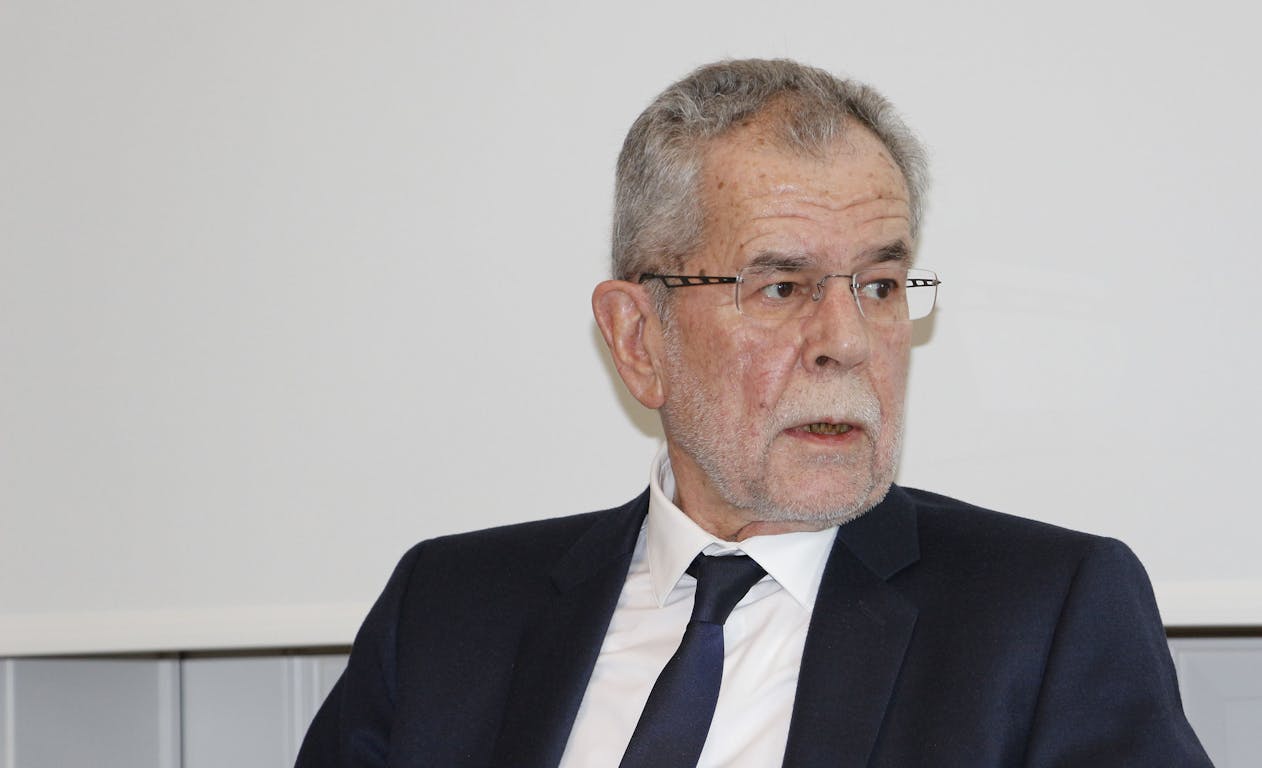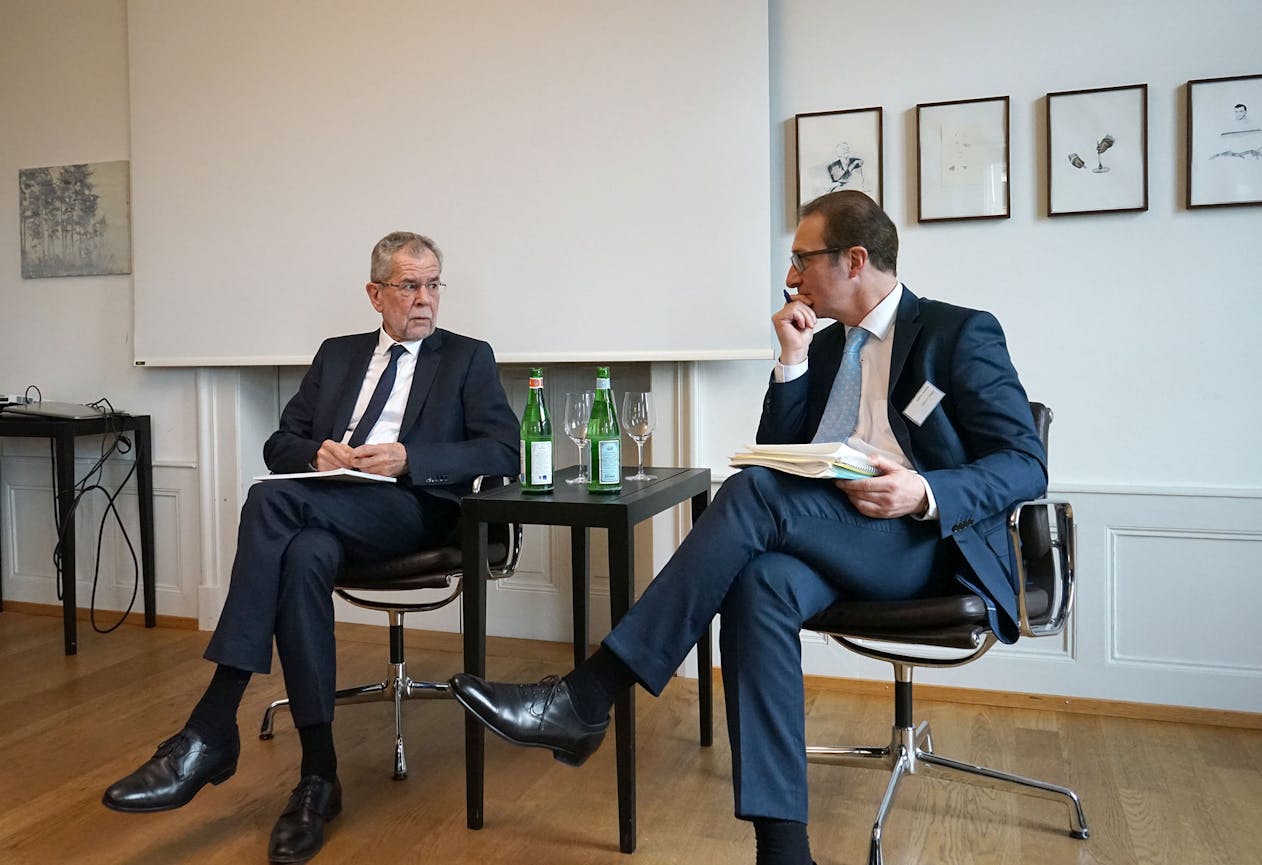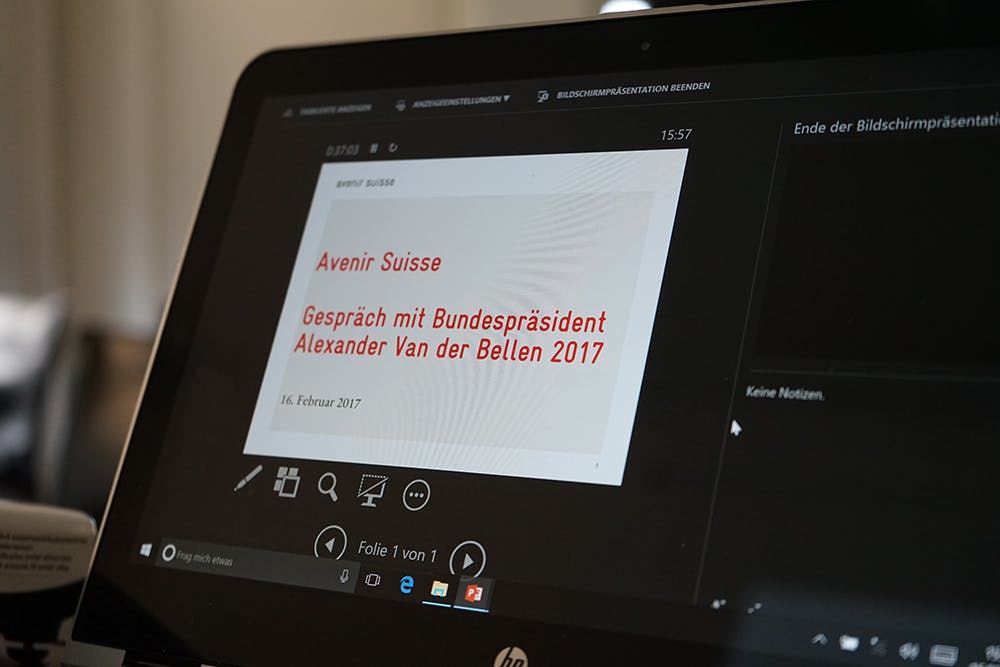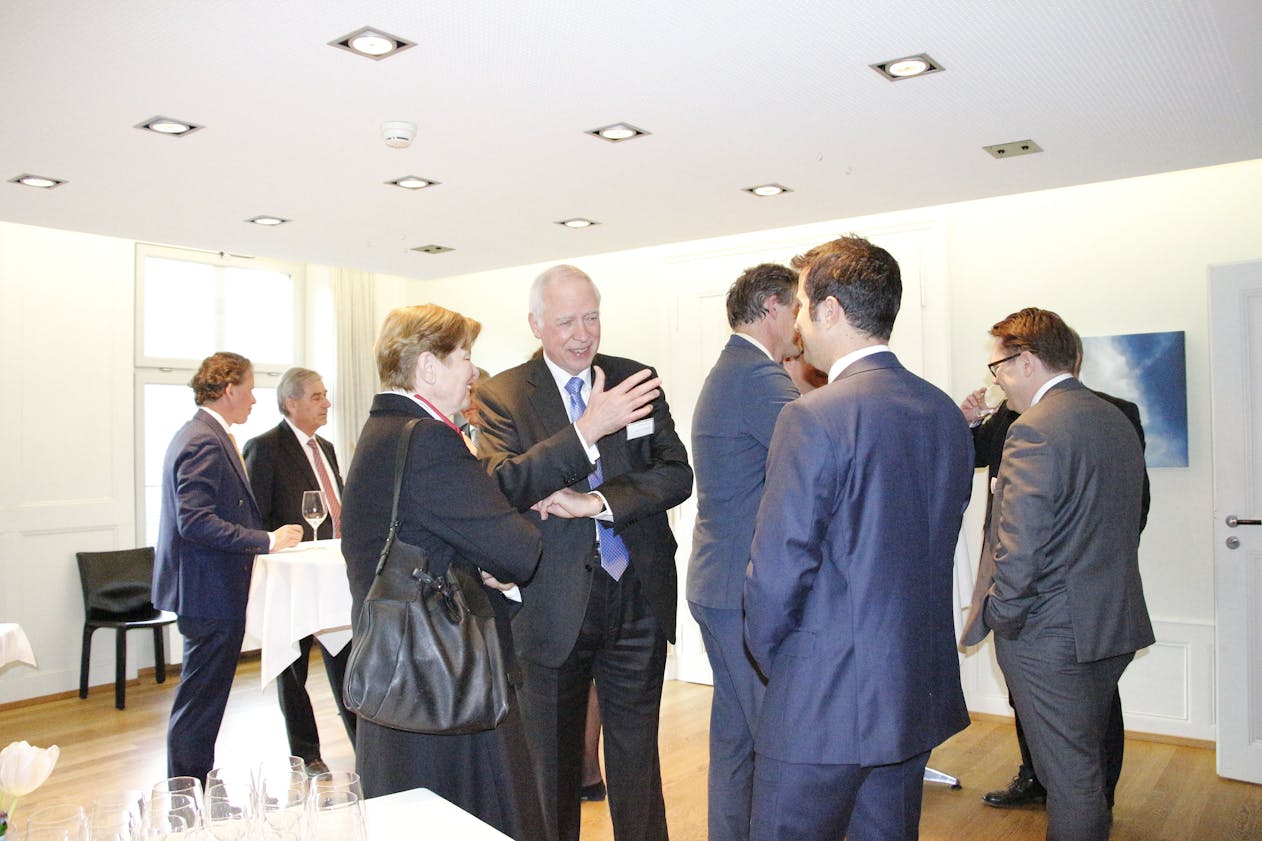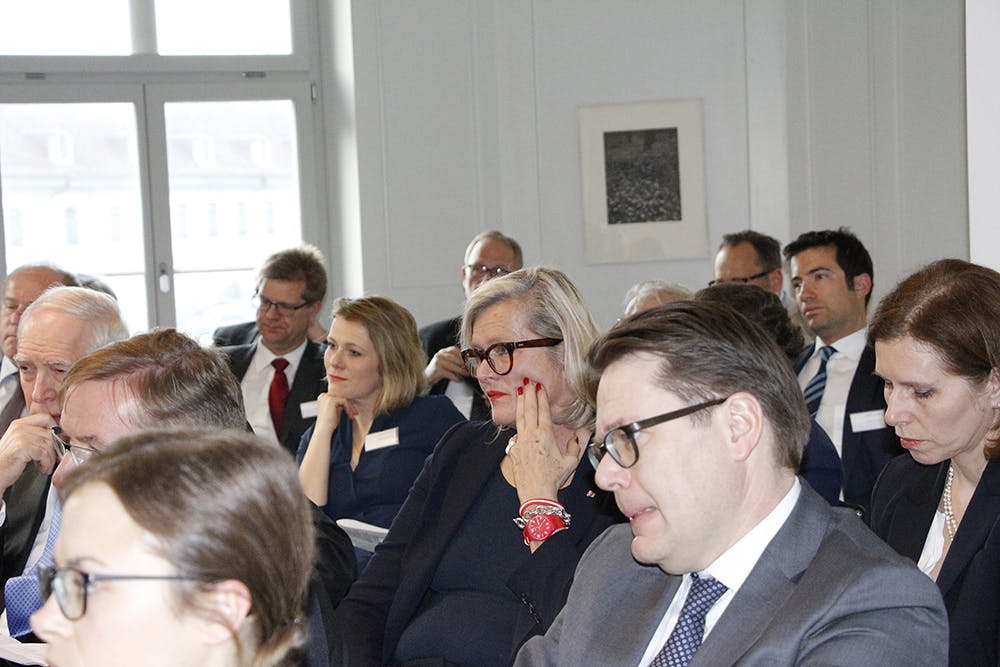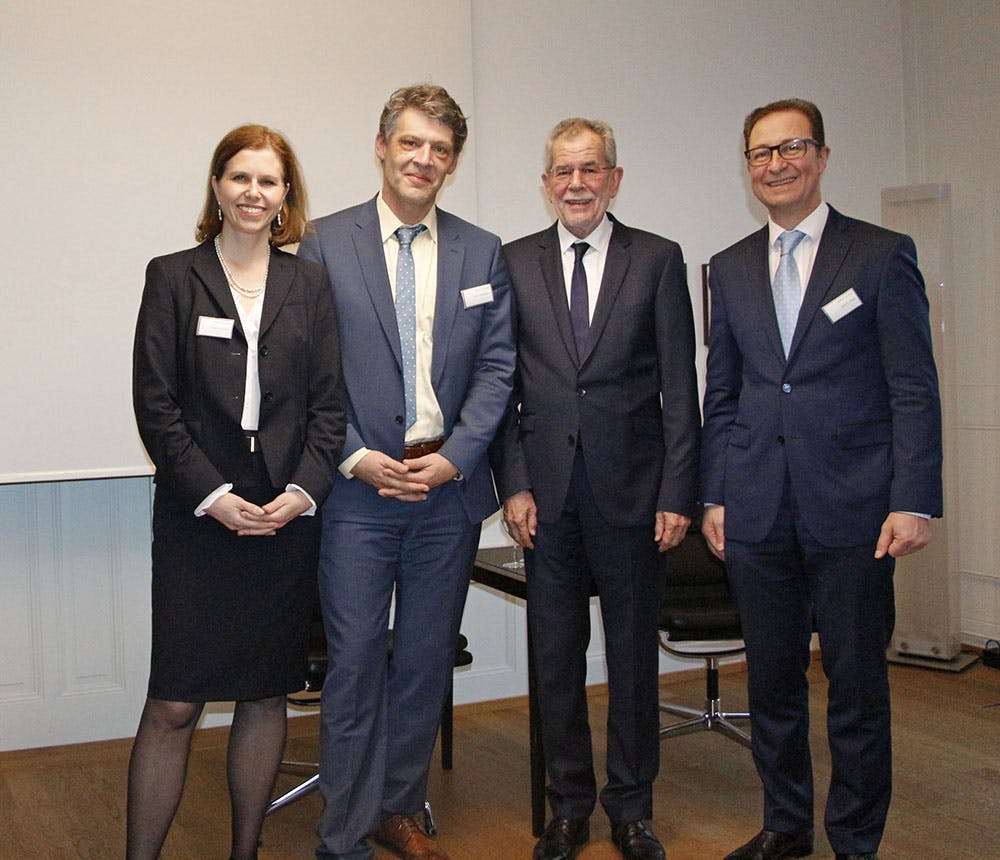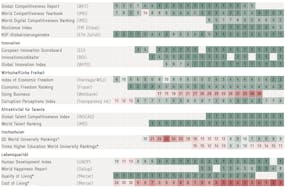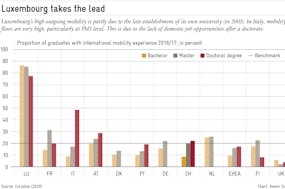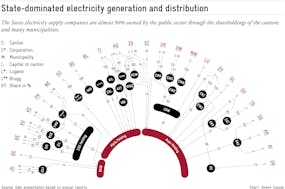“If a small European state does not make the effort to adapt to its surroundings, it remains lost in the modern world. Even Germany can be perceived as a small country in the global context.” Alexander van der Bellen speaks with clear and graceful eloquence. The former economics professor addressed the participants of the “Austria and Switzerland” discussion group at Clé de Berne without ignoring the major challenges to EU reforms. Van der Bellen is a passionate pan-European and maintains that the EU is “the best system that we have.” EU entry has proved to be a major success for the Austrian economy. The gained economic prosperity is the main reasons two-thirds of all Austrians wish to remain in the EU.
Flourishing Economic Exchange
The institutional proximity to the EU is probably the biggest difference between Switzerland and Austria. Patrik Schellenbauer, Avenir Suisse’s deputy director, also emphasized the many similarities between the two Alpine countries in his speech: Both countries are politically neutral, are homes to numerous international organizations, have relatively prosperous economies, and – due to the small internal market – are heavily dependent on foreign trade. The latter has developed particularly well between the two neighbors since the early 1990s. Currently, Austria is leading the trade battle between the two countries. Austria has managed to generate a trade surplus in services, as well as goods. With the direct investments level of around CHF 7 billion (2015), the two states experienced a similar investment climate.
Immigration countries for decades
Both Alpine countries have something else in common: the high rate of immigration has brought about many economic gains. However, the current challenge in both countries is the rapid integration of growing numbers of refugees. Alexander van der Bellen stressed the importance of integrating children as quickly as possible. Referring to his own childhood, he noted with a smile, “I come from a refugee family myself, so I see myself as a positive example.”
“We can do much more”
With reference to the potential economic development over the next few years, none of the participants were willing to make any forecasts. The uncertainties of Brexit, the fate of bilateral trade agreements and the general state of world politics is going through a difficult time. Some stakeholders hoped for more intensive cooperation between Switzerland and Austria, encouraging better financial market supervision. The Austrian ambassador to Switzerland, Ursula Plassnik, came to a similar conclusion. She wished for a renewal of the “feeling of togetherness”, which had diminished slightly since Switzerland’s divergence from the common objectives of the European Economic Community. “We can do more,” stressed the experienced Ambassador. It is especially in times of change that good neighbours should stick together.

